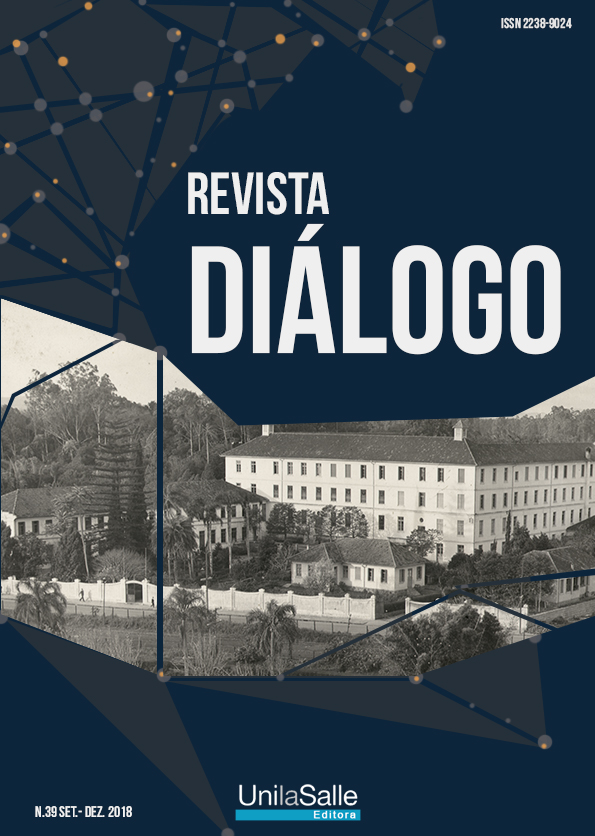Sem “direito a ter direitos”?: Lendo os protestos de refugiados enquanto autonomia política
DOI:
https://doi.org/10.18316/dialogo.v0i39.5327Palavras-chave:
Refúgio, precariedade, Direitos HumanosResumo
Ao longo dos últimos anos, refugiados, requerentes de asilo e sans papier se envolveram cada vez mais em um grande número de protestos em toda a Europa. Predominantemente, esses protestos foram enquadrados pela mídia e pelos políticos como distúrbios da ordem pública nacional, ao mesmo tempo que os sujeitos envolvidos nos pedidos - refugiados, requerentes de asilo, sans papiers - e seus apoiadores foram construídos como agentes “perigosos”, lançados como objeto de medos e ansiedades que são produzidas por processos discursivos de securitização e criminalização. Usaremos o conceito de política como dissenso, como definido por Jacque Rancière, como uma forma de enquadrar a subjetividade política como a ação de “tomar agência” em vez de “ter agência”. Também utilizamos o conceito de precariedade, proposto por Judith Butler, como base para uma ontologia social da ação política. Nós achamos a releitura de Arendt, feita por Krause (2008) no contexto dos sans papiers, especialmente útil. Krause desenvolve seu ponto com base na noção de “ausência de direitos”, tematizada por Arendt, ao mesmo tempo que mostra como os sanspapiers conseguiram subverter sua situação e chamar um público mais amplo para apoiar sua causa. No entanto, em nossa análise chegamos à conclusão de que o trabalho de Arendt permanece limitado, dado que em seu pensamento é simplesmente uma impossibilidade conceitual para o sem direito reivindicar o “direito de ter direitos” e assim concebê-los como agentes políticos.Downloads
Publicado
Edição
Seção
Licença
Autores que submetem seus manuscritos para serem publicados nesta revista concordam com os seguintes termos:
Autores mantém os direitos autorais e concedem à revista o direito de primeira publicação, com o trabalho simultaneamente licenciado sob a Licença Creative Commons Attribution que permite o compartilhamento do trabalho com reconhecimento da autoria e publicação inicial nesta revista.
Em virtude dos artigos aparecerem nesta revista de acesso público, os artigos são de uso gratuito, com atribuições próprias, em aplicações educacionais e não-comerciais.

A Revista Diálogo (ISSN 2238-9024) de http://revistas.unilasalle.edu.br/index.php/Dialogo está licenciado com uma Licença Creative Commons - Atribuição-NãoComercial-SemDerivações 4.0 Internacional.
Baseado no trabalho disponível em http://revistas.unilasalle.edu.br/index.php/Dialogo.


